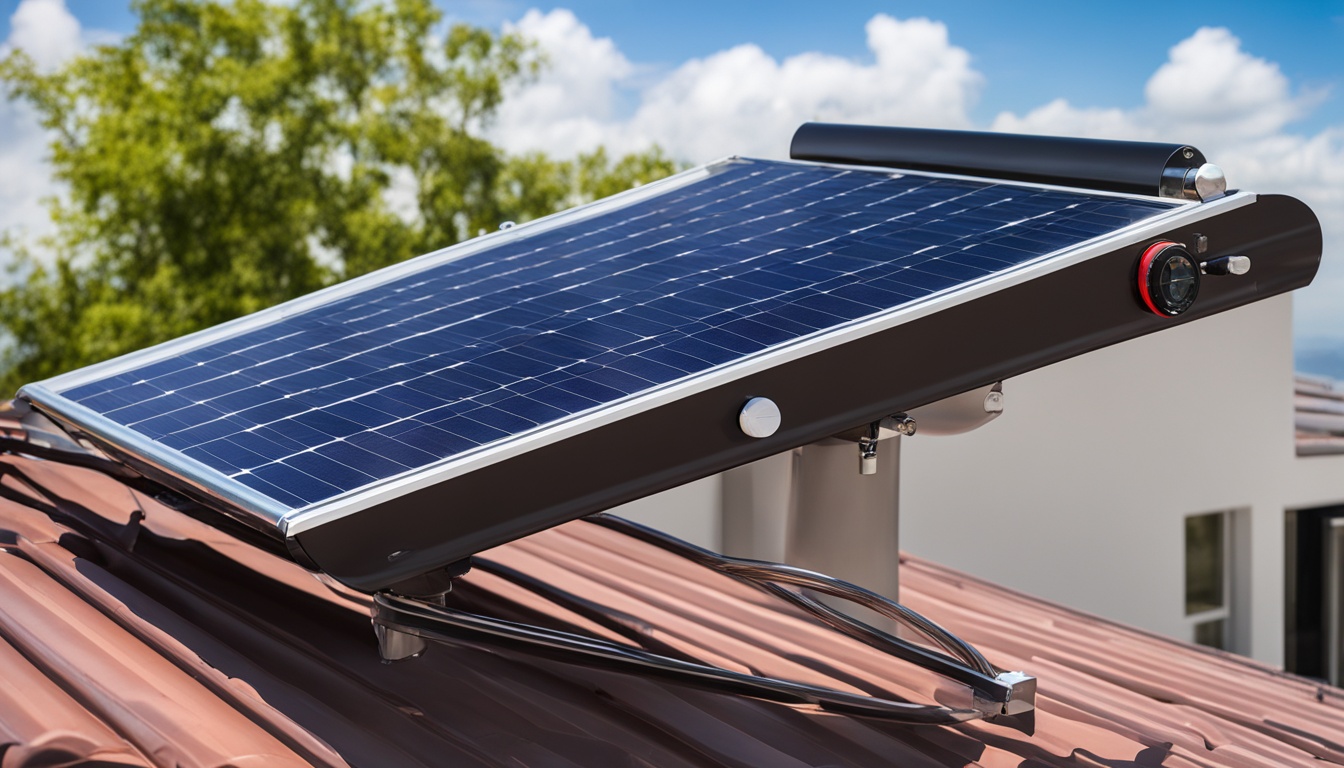_optimizing Your Home's Solar Potential_
페이지 정보
작성자 Coy 작성일25-04-19 19:58 조회4회 댓글0건본문
When it comes to lowering your carbon footprint, investing in a solar water heater is a great alternative. Solar water heaters tap into the power of the sun to heat your household's water needs, providing a cost-effective alternative to traditional fossil fuel-based water heaters. However, with so many various solar water heater choices on the market, choosing the right one can be a daunting task.
To start, you'll need to figure out how much hot water you need. Consider climatic conditions, and think about how these factors will impact your energy needs. Be sure to also factor in the cost and available space for the system.
Next, you'll need to choose the right solar water heater that best suits your needs. You can consider heat pipe systems. Flat plate systems are often the most common option, but may not provide the best results in cold temperatures. Evacuated tube systems are more productive, but can be pricey and tricky to set up. Heat pipe systems are an alternative that can provide reliable performance, but require specialized knowledge.
Another crucial factor to consider is the collector quality. Look for high-quality collectors that are resistant to the elements and provide optimal heat transfer. Some popular materials include copper.
In addition to these technical considerations, you'll also need to factor in the cost of maintenance. Look for systems with user-friendly controls and generous manufacturer support. Also, be sure to verify the manufacturer's credentials.
Ultimately, the optimal solar water heater for you will depend on your unique energy needs. When making your selection, be sure to weigh the benefits of different systems. By doing your research and choosing a well-designed system, you can make a positive impact on the environment for years to come.
One key feature that can greatly impact your long-term reliability is the system's ability to perform well in poor weather conditions. Some solar water heaters come equipped with backup heat sources, such as supplemental heating, that can provide added value. Others may have batteries or thermal mass that can store excess energy for later use.
To optimize your system's performance, it's also a good idea to integrate your solar water heater. This can involve installing a dedicated solar controller, and considering your existing plumbing setup.
Finally, be sure to research tax credits available for installing a solar water heater. Many authorities offer credits and tax breaks for businesses that invest in renewable energy systems. By selecting an optimal solar water heater, you can make a significant impact on your carbon usage.
By selecting an optimal solar water heater, you can make a significant impact on your carbon usage.
To start, you'll need to figure out how much hot water you need. Consider climatic conditions, and think about how these factors will impact your energy needs. Be sure to also factor in the cost and available space for the system.
Next, you'll need to choose the right solar water heater that best suits your needs. You can consider heat pipe systems. Flat plate systems are often the most common option, but may not provide the best results in cold temperatures. Evacuated tube systems are more productive, but can be pricey and tricky to set up. Heat pipe systems are an alternative that can provide reliable performance, but require specialized knowledge.
Another crucial factor to consider is the collector quality. Look for high-quality collectors that are resistant to the elements and provide optimal heat transfer. Some popular materials include copper.
In addition to these technical considerations, you'll also need to factor in the cost of maintenance. Look for systems with user-friendly controls and generous manufacturer support. Also, be sure to verify the manufacturer's credentials.
Ultimately, the optimal solar water heater for you will depend on your unique energy needs. When making your selection, be sure to weigh the benefits of different systems. By doing your research and choosing a well-designed system, you can make a positive impact on the environment for years to come.
One key feature that can greatly impact your long-term reliability is the system's ability to perform well in poor weather conditions. Some solar water heaters come equipped with backup heat sources, such as supplemental heating, that can provide added value. Others may have batteries or thermal mass that can store excess energy for later use.
To optimize your system's performance, it's also a good idea to integrate your solar water heater. This can involve installing a dedicated solar controller, and considering your existing plumbing setup.
Finally, be sure to research tax credits available for installing a solar water heater. Many authorities offer credits and tax breaks for businesses that invest in renewable energy systems.
 By selecting an optimal solar water heater, you can make a significant impact on your carbon usage.
By selecting an optimal solar water heater, you can make a significant impact on your carbon usage.댓글목록
등록된 댓글이 없습니다.


